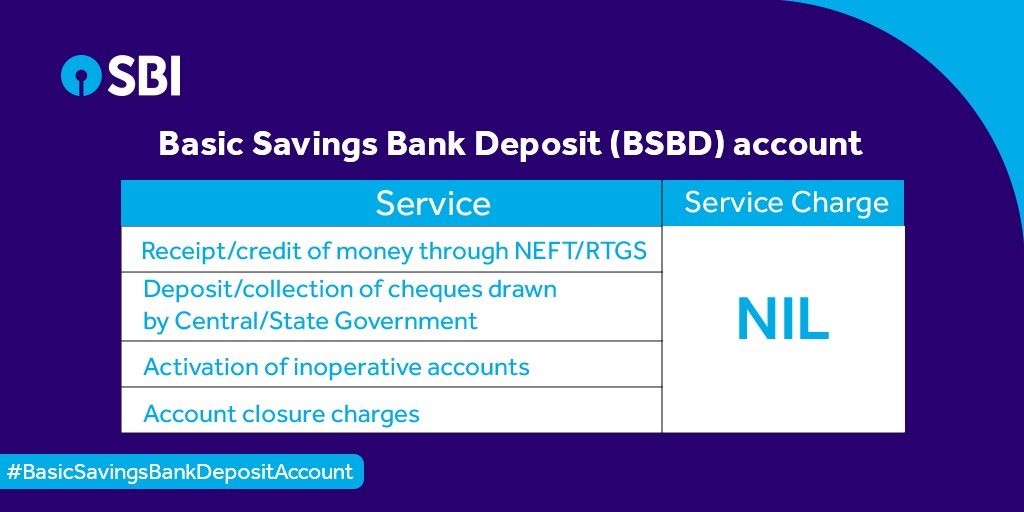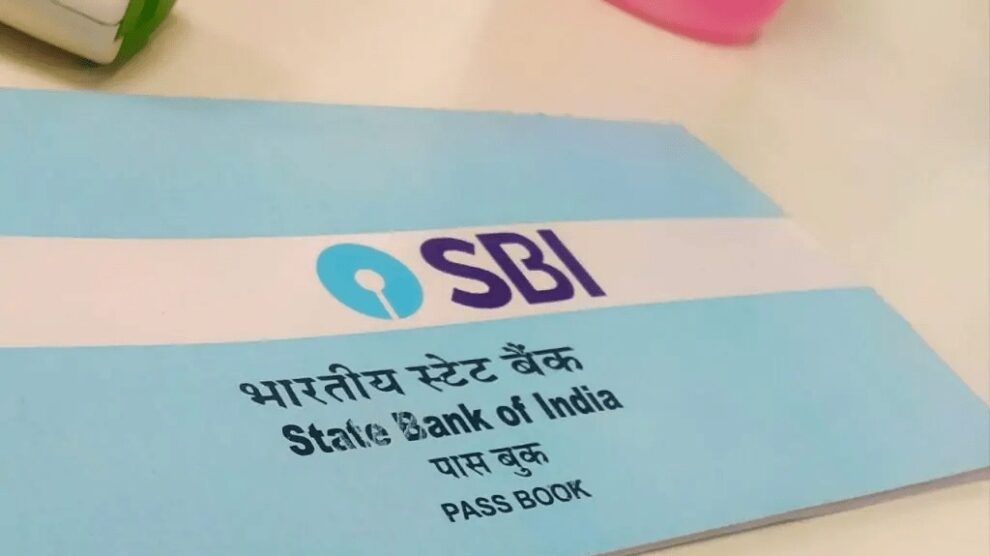Learn how to open a current account with the State Bank of India (SBI) to simplify your business banking needs. SBI, the biggest public sector bank in India, provides a selection of current account alternatives designed to satisfy the various needs of both people and businesses. We’ll walk you through the process of opening an SBI current account in this in-depth guide, giving you the tools you need to handle your money well.
SBI Current Account: What Is It?
A particular kind of bank account meant for companies, entrepreneurs, and people with a lot of transactions is an SBI current account. Numerous features and advantages are available, such as overdraft protection, online banking, and limitless transactions. You may effortlessly handle your regular banking requirements and simplify your financial processes with an SBI current account.
What Makes Opening an SBI Current Account Beneficial?
There are various benefits to opening a current account with SBI, including:
-
- Large branch and automated teller machine network throughout India for easy banking
Various account alternatives to accommodate various company needs
Easy account management with mobile apps and seamless internet banking
Overdraft options for urgent cash requirements
Minimal fees and competitive interest rates

A Step-by-Step Guide on Opening an SBI Current Account
First Step: Assess Your Eligibility
In order for you to open a current account with SBI, you need to fulfill the following requirements:
-
- A sole proprietorship, partnership, corporation, or other type of legal bodyMinimum age of eighteen years old for individuals
Genuine Know Your Customer (KYC) documentation
Step 2: Selecting the Appropriate Account Type
To meet diverse company requirements, SBI provides a range of current account choices. Choose the account type that most closely matches your needs by doing some research and comparing the features, benefits, and costs of each. Several well-liked SBI current account choices consist of:
-
- The Basic Current Account
Present Account Upcharge
Platinum Current Account
Account for SBI Digital Business
Step 3: Compile Necessary Documentation
You must provide specific documentation in order to open a current account with SBI. Depending on your business kind and the particular account you select, the precise criteria could change. In general, you’ll require:
-
- Account opening form completed
- KYC papers (identification and address proof)
- Documents used for business registration, such as the certificate of incorporation and partnership agreement
The business’s PAN card and the signatories who are authorizedAuthorized signatories’ passport-sized photos
Step 4: Visit the SBI Branch That’s the Closest to You
Find the SBI branch that is closest to you and provides current account services. For help, you can get in touch with SBI customer service or utilize the branch finder on their website. Bring the necessary paperwork when you visit the branch during business hours.
Step 5: Send in the Documents and Account Opening Form
Complete and carefully fill out the SBI current account opening form. Please attach the required documents in accordance with the bank’s checklist. Send the paperwork and form to the designated bank representative.
Step 6: Finalize the KYC Procedure
The KYC procedure will be started by the bank to confirm your identity and company information. This could entail providing more documentation at the bank’s request or doing an in-person verification. Work along with the bank representatives to provide a seamless KYC process.
Step 7: Finance Your Account
You must fund your SBI current account with the minimum amount required by the bank after it has been approved and activated. The initial deposit can be made with cash, a check, or a transfer of funds from another account.
Step 8: Open Your SBI Current Account and Begin Using It
Best wishes! You can now do commercial transactions using your SBI current account. To properly manage your accounts, activate online banking, get a debit card, and take use of all the facilities and advantages that SBI has to offer.
Common Questions Regarding the Opening of an SBI Current Account
How much money must be in an SBI current account to qualify?
Depending on the kind of account and the branch location, different SBI current accounts have different minimum balance requirements. It may vary from several thousand to several lakhs. For the most recent information on minimum balance requirements, visit the website or get in touch with the SBI branch that is closest to you.
Is it possible to create an online SBI current account?
It is possible to open a current account online with SBI using their digital platform, YONO (You Only Need One). To verify documents and finish requirements, you might still need to visit a branch as the online account establishing process may have specific limits.
How much time does it require to open a current account with SBI?
Depending on the completeness of your application, the correctness of the papers you supply, and the bank’s processing time, opening an SBI current account may take a different amount of time. Depending on whether the KYC verification is successful, the account activation process can take anything from a few days to several weeks on average.
Is it possible to create an SBI current account without registering my business?
No, you require a registered business entity, such as a sole proprietorship, partnership firm, or company, in order to open an SBI current account. When opening an account, the bank requires appropriate business registration paperwork.
Result
One of the most important steps in optimizing your business banking needs is opening an SBI current account. You may open an SBI current account with confidence and enjoy the perks of banking with the biggest public sector bank in India by following our step-by-step instructions. Don’t forget to select the appropriate account type, compile the required paperwork, and carefully finish the KYC procedure. You may use a variety of banking services and features with an SBI current account to effectively manage your finances and expand your business.










Add Comment